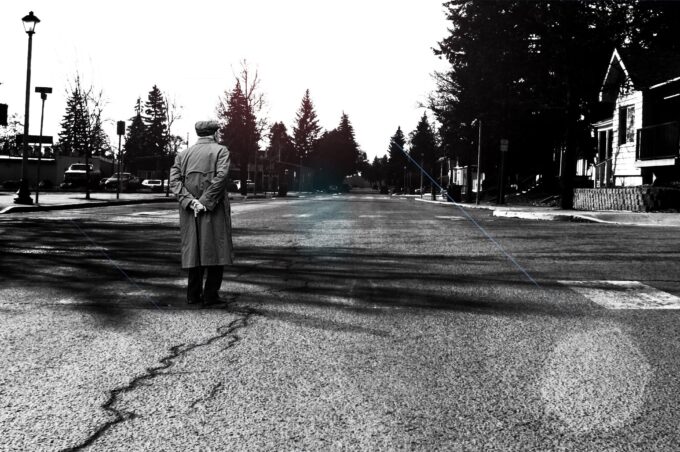Anniversary 100 years of SNV: the 1970s and the birth of sustainability
The oil crisis marked the birth of sustainability. This and other exciting insights can be found out once again in the anniversary series of the Swiss Standards Association SNV.

Since the oil shock of 1973, a lot has suddenly happened, according to the anniversary series (Story 7 on the 1970s) of the Swiss Association for Standardization (SNV). Worldwide, research is being conducted into sustainable and safe technologies, but until the fruitful and realpolitical years in Switzerland come to pass, society is enduring a long dry spell in terms of sustainability.
Moreover, the Cold War is beginning to emerge. Egypt, Syria and other countries are at war with Israel as the oil-exporting Arab states deliberately cut production to pressure the West to support Israel. As a result, the price of oil rises rapidly in the early 1970s.
Before the oil crisis
The fertile decades after the war cause the demand for energy to skyrocket in Switzerland as well. New nuclear power plants are planned and at the same time the structure of energy consumption also changes. The share of fossil fuels in total energy consumption rises from around 24 to 77 percent between 1950 and 1970. While the Swiss government is debating the energy policy of the future, the country and the entire Western world are taken by surprise by the global oil crisis.
The Federal Council reacts to the shock with austerity measures for the economy and the population, reduces the maximum speed on the motorway to 100 km/h and sets fuel quotas. In addition, three car- and flight-free Sundays are declared. Work is now being carried out in a targeted manner on a long-term overall energy concept with the aim of achieving the cheapest possible, secure and independent energy supply, which also takes environmental concerns into account.

The 17 UN Sustainable Development Goals. (Image: zVg)
Developing countries without electricity
Developing countries have also been particularly hard hit by the oil crisis. Even today, 1.6 billion people worldwide have no access to electricity. In 2015, the UN member states adopted the Sustainable Development Goals (SDGs) (www.un.org/sustainabledevelopment/sustainable-development-goals/), which define 17 different targets. Goal 7 aims to implement access to affordable, reliable and modern energy services by 2030. This is not only intended to achieve energy policy goals. Simplified access to energy is expected to bring other positive outcomes: Overcoming poverty, increasing food production, providing clean water, improving public health, expanding education, promoting the economy and advancing women.
20 years of the Swiss Energy Act
The first Swiss energy law came into force on 1 January 1999, 26 years after the oil price crisis. To mark the 20th anniversary, the Swiss Federal Office of Energy (SFOE) is publishing a comprehensive review of an exciting piece of Swiss political history in a five-part blog series in 2019.
www.energeiaplus.com/2019/04/10/20-jahre-schweizerisches-energiegesetz-teil-1/
What contribution do standards make to the United Nations SDGs?
The International Organization for Standardization (ISO) has defined over 200 standards related to energy efficiency and renewable energies https://www.iso.org/sdgs.html.
To find out which standards contribute directly to the achievement of Goal 7 of the SDGs, see the clear list from ISO (www.iso.org/sdg07.html). ISO 50001 helps organizations to align themselves optimally with energy management so that energy costs and consumption are reduced and energy efficiency is increased.
(Sources: Federal Office of Energy (www.energeiaplus.ch), Wikipedia, German Development Institute).
For more information on the SNV anniversary series or interviews on the topic of "20 years of the Swiss Energy Act", see here
DOCUMENTARY OF SWISS RADIO AND TELEVISION ABOUT THE CAR-FREE SUNDAY 1973 (7:29 MINUTES)
If you didn't want to give up your beloved Sunday outing, you had to do it without the car, which was so revered at the time. The first Sunday driving ban in Switzerland turned out to be a real happening: old bicycles were brought out of the cellar and made roadworthy again, the streets became roller skating rinks, and strollers strolled along major traffic routes. The Swiss took the first Sunday driving ban with a great deal of humour, even if the background was extremely serious.
Empty motorways, main roads and secondary roads characterised Switzerland on 25 November 1973. "Pearls from the archives" of Swiss Radio and Television (SRF) shows the historic film footage.









